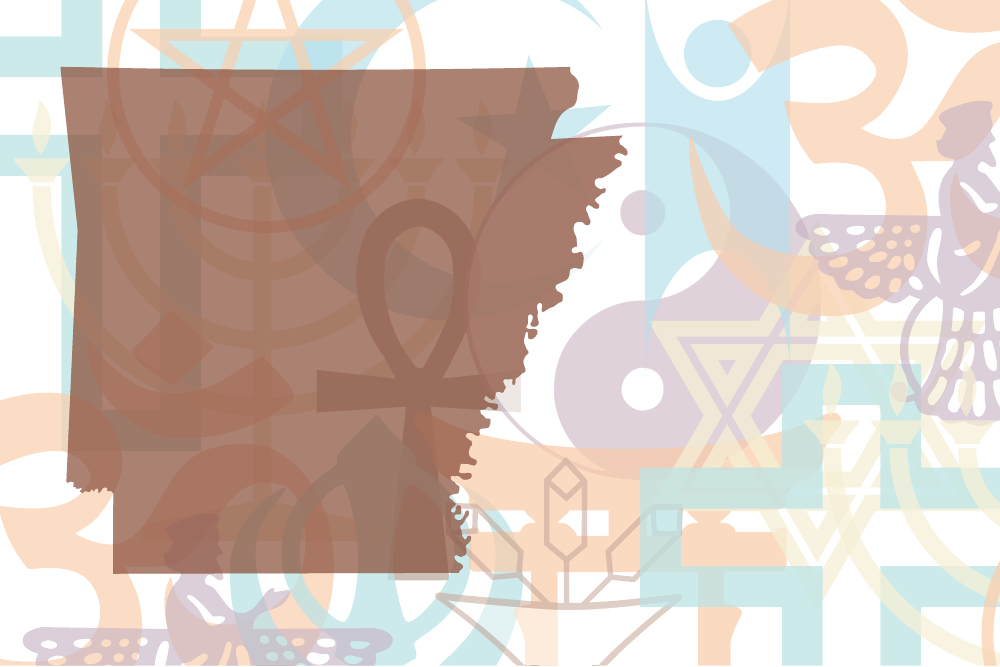Arkansas Religious Pluralism

ARKANSAS RELIGIOUS PLURALISM/HNRC 300VH (009)
THURSDAYS, 5-6:15 p.m., SPRING 2021
GEAR 129
Arkansas has traditionally been one of the most homogeneous states, experiencing only limited immigration since the Civil War. This created what was also a largely homogeneous religious culture, with most Arkansawyers practicing some form of evangelical or mainline Protestantism. This picture has changed dramatically in the last few decades, driven by rapid economic development in Northwest Arkansas, refugee resettlement, and also national trends like the overall decline in religiosity even as there has been an explosion of new religious movements and DIY approaches to spirituality.
Arkansas Religious Pluralism will challenge students to understand a broad variety of new or new-to-Arkansas religious traditions, to put them into the context of a rapidly changing state, and to understand the different points of tension that arise when a homogeneous region diversifies. Each week a guest speaker or field trip along with supplemental readings will introduce students to a new religious tradition, its history in Arkansas, and its experience of integration into the larger community. Students will demonstrate their mastery of the topic through active discussion participation, weekly reflection papers, and by taking one week to introduce a tradition and to help guide the week’s discussion.
About Lynda Coon and John Treat:
Lynda Coon’s research focuses on the history of Christianity from circa 300-900. Her first book,
Sacred Fictions: Holy Women and Hagiography in Late Antiquity, explored the sacred biographies of holy women in late antiquity. Her second book,
Dark Age Bodies: Gender and Monastic Practice in the Early Medieval West, focused on the ritual, spatial and gendered worlds of monks in the Carolingian period
(ca. 750-987). She is currently researching a book on imagining Jesus in the Dark
Ages.
John Treat spent fifteen years in advocacy, cause marketing and fundraising for the American
Friends Service Committee, a Nobel- and Oscar-winning organization. He is currently
director of development for the Honors College and teaches in the Honors Humanities Program. A sixth-generation Arkansawyer, he holds a B.A. in religion and philosophy from
Lyon College and a Master of Divinity from Harvard Divinity School, where his thesis
examined the political aspects of liturgy in the Victorian Church of England. He completed
a Ph.D. in cultural history from the U of A and is working on a book about secret
societies and race in the U.S. from the Civil War to the Great Depression.